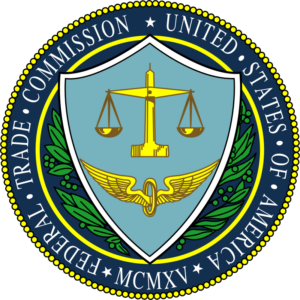F.T.C. Bans Worker Noncompete Clauses

On April 23, the Federal Trade Commission essentially banned most noncompetes, clauses which prevent workers from leaving for a competitor for a certain amount of time. Approved by a 3-to-2 vote, the commission’s move will likely help create jobs, raise wages by forcing employers to compete harder for talent, and increase competition among businesses.
Noncompetes cover around 30 million U.S. workers and affect jobs as varied as corporate executives, hairdressers, TV news producers, and computer engineers. Workers in professional services and finance are most likely to have noncompetes, at a rate of nearly 20 percent. Since switching jobs is the most efficient way a worker can increase their income, noncompetes are shown to suppress wages. In addition, noncompetes can lead to workers being pushed out of their industry due to worries related to violating the clauses. The FTC’s decision is estimated to lead to the creation of 8,500 start-ups in a year and $488 billion in wage increases over the next decade. “The F.T.C.’s final rule to ban noncompetes will ensure Americans have the freedom to pursue a new job, start a new business or bring a new idea to market,” said Lina M. Khan, the commission’s chair.
Noncompete contracts on senior executives may remain in effect, but employers are prevented from attempting to impose new noncompetes on any employee, including executives. Executives, in the new rule, are defined as employees “in policy-making positions” who make at least $151,164 per year. Employers must notify nonexecutive employees that are bound by existing noncompetes that they will no longer be enforceable.
Unions, including the A.F.L-C.I.O. and the Service Employees International Union support the F.T.C.’s new rule which would become law 120 days after being published in the Federal Register. But a day after the F.T.C.’s announcement, the U.S. Chamber of Commerce, along with three other business groups, filed a lawsuit in a U.S. District Court in Texas, claiming that the agency exceeded its authority. These legal challenges may delay the timeline of the law going into effect.
In response to the lawsuits, an F.T.C. spokesman said that Congress empowered the agency to prevent “unfair methods of competition,” which it contends includes noncompetes.
If you are negotiating an employment agreement, Henrichsen Law Group can help guide you through the process to make sure that you are protecting your future and career. If you are in a dispute over your current employment agreement or need advice in determining the enforceability of your employment agreement, we can assist with advising on different options and legal strategies. More information on our information regarding employment contracts and non-compete agreements can be found here. For a confidential consultation, please contact nhenrichsen@hslawyers.com.
